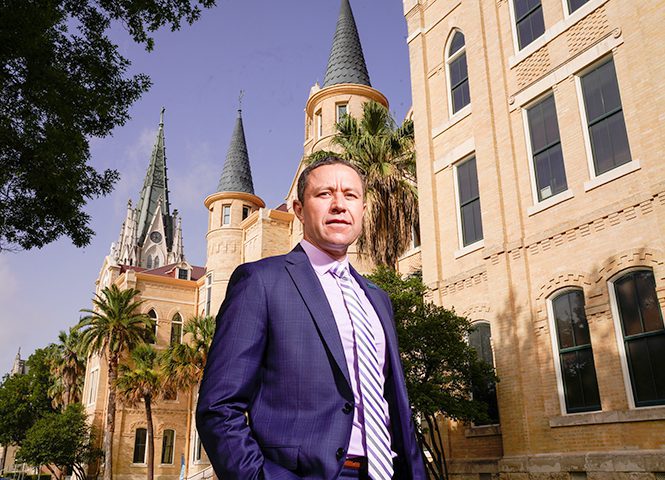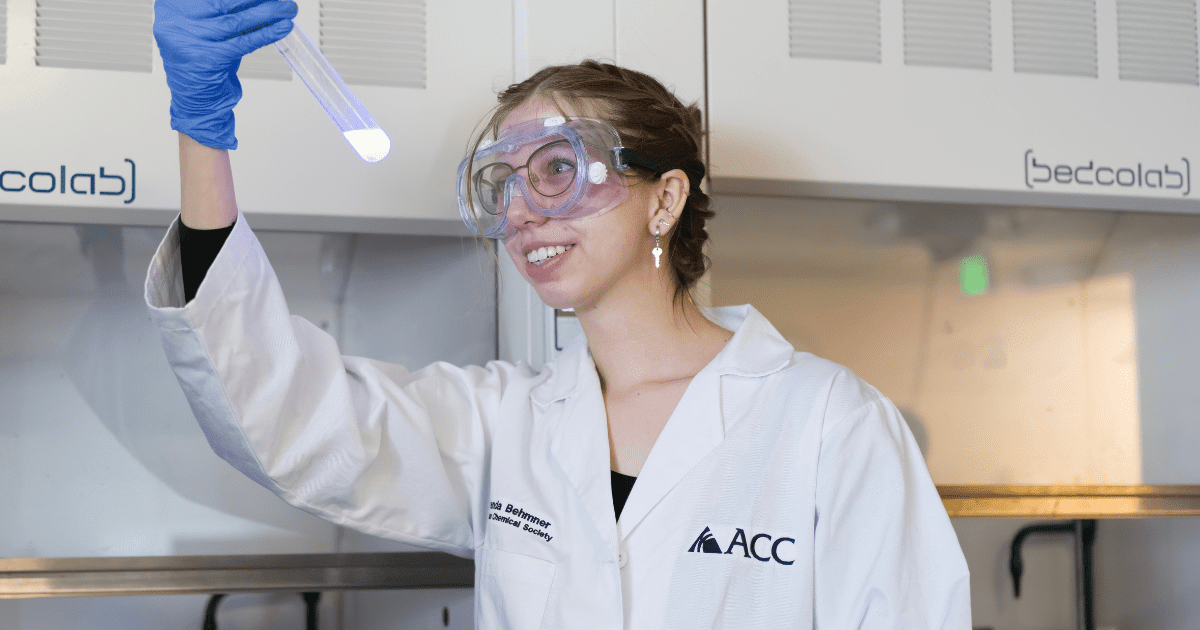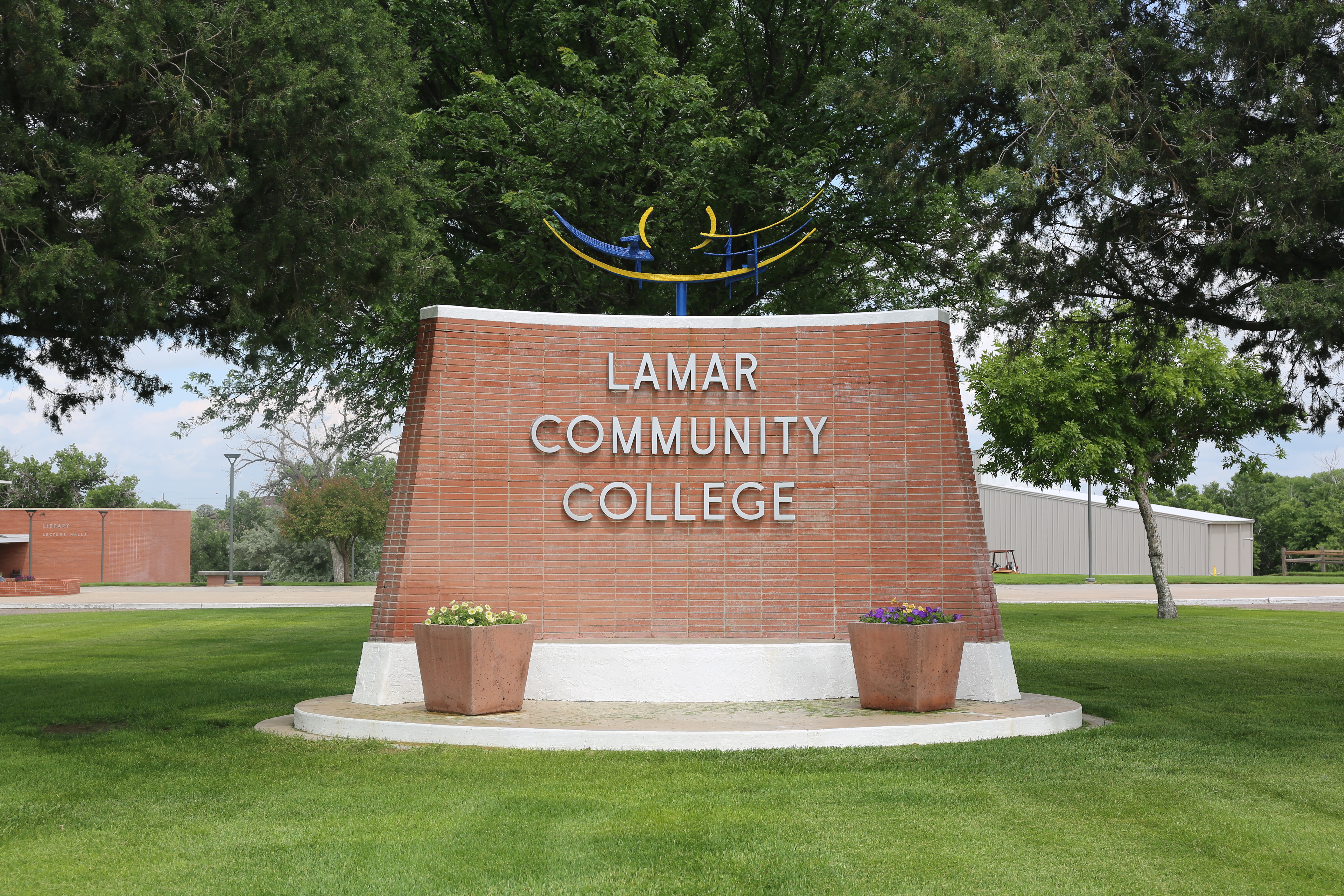For Dr. Abel Chávez, the road to higher education began in Denver’s Swansea neighborhood, tinkering on cars alongside his father.
“He kept me—the only male among his kids—off the streets through my passion for low riders,” he said. “With every good grade, he would help me fix up a Mazda pickup truck. We did the body work, we did the paint. He bought me the chrome wire wheels.”
The reward system paid off. Dr. Chávez went on to earn his doctorate in civil engineering from the University of Colorado Denver (CU Denver) and became a renowned scientist and higher education leader. Today, he serves as the tenth president of Our Lady of the Lake University (OLLU), a private Catholic university based in San Antonio, Texas, and the birthplace of the Hispanic-Serving Institution designation.
But none of these accomplishments would be possible without the support of his first alma mater, Front Range Community College (FRCC).
“I will always be a champion of community colleges,” he said. “They have changed my life without a doubt.”

I will always be a champion of community colleges.
Coming Together
The son of Mexican immigrants, Dr. Chávez knew education would lead to a more secure future for himself and his family. As he and his father worked on their truck, he realized his hobby could turn into a real career.
“I started becoming so curious about cars in general and more specifically about the hydraulics. At the same time, I was doing robotics at school and doing some very novice level coding,” he explained. “So, it was all coming together.”
Dr. Chávez set his sights on becoming an engineer and got into the prestigious Colorado School of Mines. But when the tuition bill came, he had to find a more affordable path. Undeterred, Dr. Chávez enrolled at FRCC just weeks before the semester started.
The pivot turned out to be one of his best decisions. Because cost was a “non-issue,” Dr. Chávez could focus solely on his studies, he said. He thrived under the one-on-one guidance of instructors at FRCC, acing the calculus and chemistry courses that vexed him in high school.
“I knew that the teachers cared for me. Not only would they challenge me with rigor—they would also take the time to make sure that I was learning the material so that when test time came, I was successful,” he said.
Changing Trajectories
From there, as Dr. Chávez puts it, “the rest is history.” He graduated with his associate of science degree and transferred to CU Denver, where he completed his Bachelor of Science degree in mechanical engineering. He later moved to Texas to start a project management position with the Dow Chemical Company and eventually earned his master’s in business administration from the University of Houston.
After his father passed away, Dr. Chávez returned to Colorado to look after his mother. He ran into a professor from his CU Denver days, who encouraged him to pursue his doctorate degree.
But as Dr. Chávez climbed the education ladder, he became increasingly concerned about the lack of representation in academia, especially among Hispanic and Latino students. He challenged himself to be part of the solution.
Community colleges change lives. They change trajectories, they change legacies, and they create generations of leaders who are advocates for education.
“There were only a few folks in front of a classroom that grew up in the neighborhoods that I grew up in, that ate menudo on a Sunday like I did,” he said. “I told myself, ‘You must find yourself in those same rooms so that you can chart the path for others like yourself.’”
Dr. Chávez has lived up to his promise. In his first year at OLLU, he created the Futuro Leaders Scholars Program that provides full-tuition scholarships and professional development for first-generation students. He was also appointed to the governing board of the Hispanic Association of Colleges and Universities (HACU), a national organization that advocates for Hispanic-Serving Institutions and Latino student success that was founded on the OLLU campus in 1989.
For Dr. Chávez, service is a way to give back to the many community college mentors who first believed in him.
“Community colleges change lives. They change trajectories, they change legacies, and they create generations of leaders who are advocates for education,” he said.


